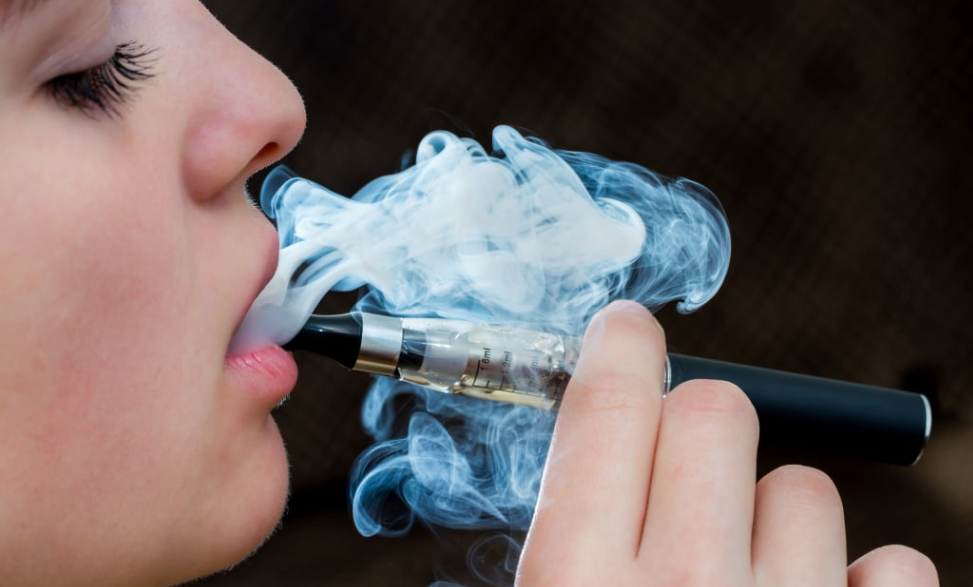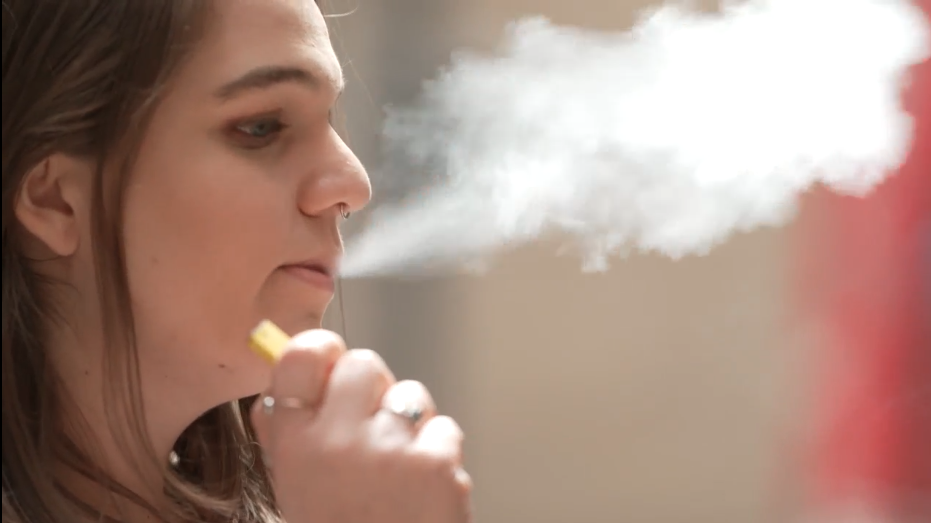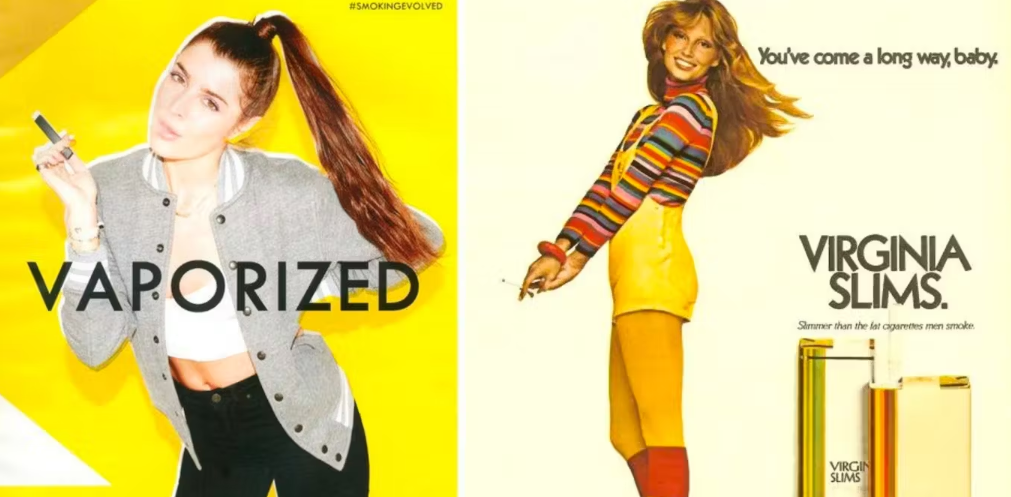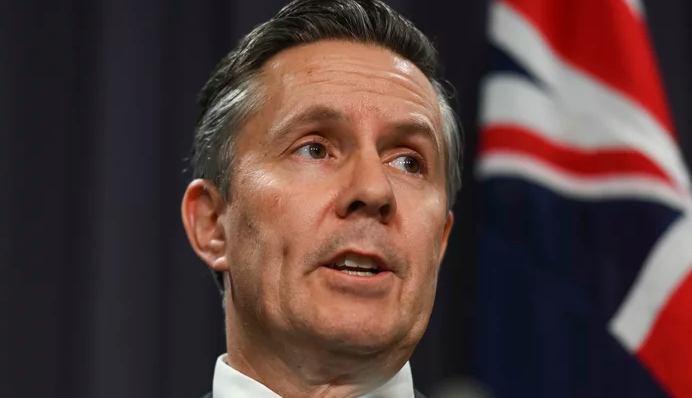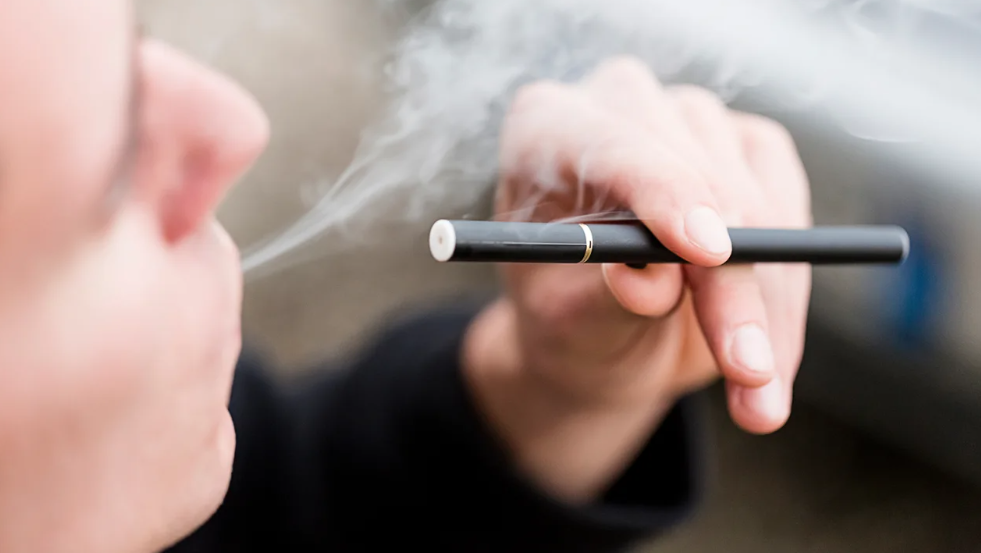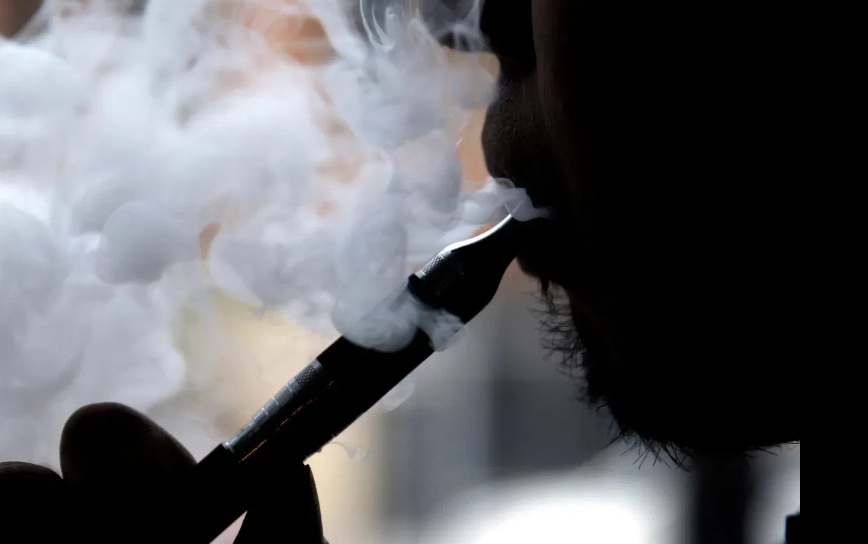In recent times, there's been a significant push from health organizations worldwide advocating for stringent controls on vaping, especially among the younger generation. It seems Australia and New Zealand have come under the spotlight, with numerous health groups demanding stricter regulations on disposable vapes.
The Call for Change
The Asthma and Respiratory Foundation NZ, along with the Thoracic Society of Australia and New Zealand (TSANZ), and the Lung Foundation Australia, are at the forefront of this movement. They are urging New Zealand, also known as Aotearoa, to follow Australia's footsteps and impose a ban on all single-use disposable vapes.
According to Letitia Harding, the Asthma and Respiratory Foundation NZ's Chief Executive, "These products are highly attractive to the youth, and the harm they cause, the dependency on nicotine they create, it's needless for them to be available."
Balancing the Act: Vaping for Smokers Wanting to Quit
Interestingly, Harding acknowledges that vapes might provide some benefit to existing smokers looking to quit, although she admits that the published evidence to support this claim is limited. Therefore, the foundation isn't advocating for an outright ban on all vaping products.
Australia’s New Vaping Regulations
In Australia, the government has introduced new rules where vapes will only be sold in pharmacies and presented in "pharmaceutical-like" packaging. This move aims to reduce the attractiveness of these products, and the concentration and volume of nicotine will also be lowered. The federal government is working with states and territories to close down vape sales in retail settings.
The Proposed Model for New Zealand
Taking a cue from Australia's approach, Harding suggests New Zealand should consider adopting a similar prescription-only model. This idea is based on feedback from some smokers who claim that vapes helped them quit. However, Harding argues that for effective cessation, smokers require holistic support.
High Nicotine Levels: A Growing Concern
Another pressing issue is the high nicotine content in vaping products. Harding believes that nicotine levels should be capped at 20 milligrams, an amount sufficient to help a smoker quit. Presently, vaping products in New Zealand contain up to 50 milligrams of nicotine, which is considered excessive.
Regulatory Measures and The Way Forward
Dr. Ayesha Verrall, New Zealand's Health Minister, has sought consultation on regulatory measures to make vaping less appealing to young people. These measures include changing the names of flavours and ensuring that vape shops could not be located near schools.
Conclusion
While New Zealand has made strides in limiting tobacco availability, a balance must be struck between what vaping is intended for and what is actually happening. There is a pressing need for heavy restrictions on e-cigarette products, particularly disposables, to safeguard public health, particularly among the younger population.
FAQs
1) What is the Asthma Foundation NZ's stand on vaping?
The Asthma Foundation NZ is calling for a ban on single-use disposable vapes in New Zealand, citing their appeal to youth and the harm they cause.
2) What is the proposed model for vaping in New Zealand?
The proposed model is to allow the sale of vaping products only through prescriptions, similar to the current Australian model.
3) Are there any benefits to vaping?
While there is limited evidence, some smokers claim that vapes have helped them quit smoking.
4) What is the nicotine level in vaping products in New Zealand?
Currently, vaping products in New Zealand are allowed to contain up to 50 milligrams of nicotine.
5) What are the proposed regulatory measures for vaping in New Zealand?
Proposed measures include changing the names of flavors and ensuring that vape shops cannot be set up near schools. The Health Minister also expects to introduce changes to the Smoked Tobacco Regulatory Regime.

